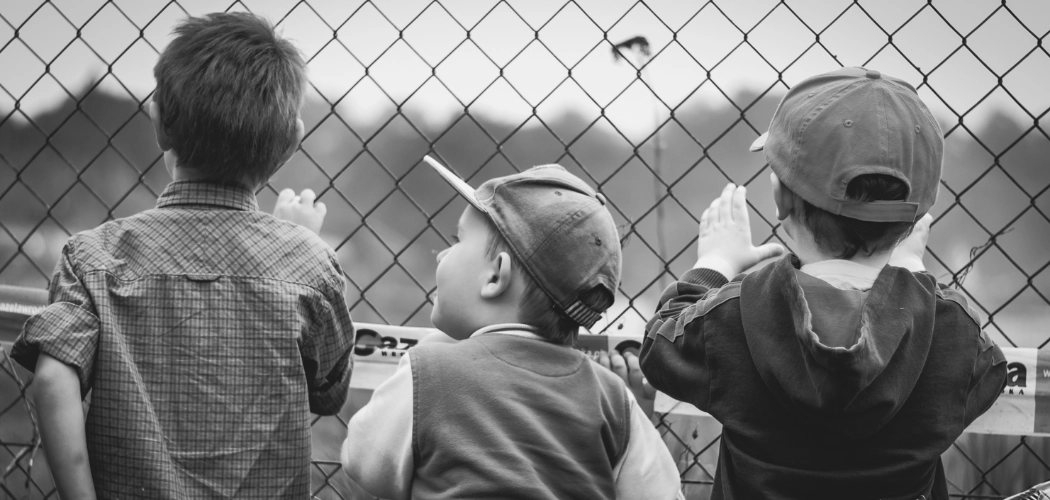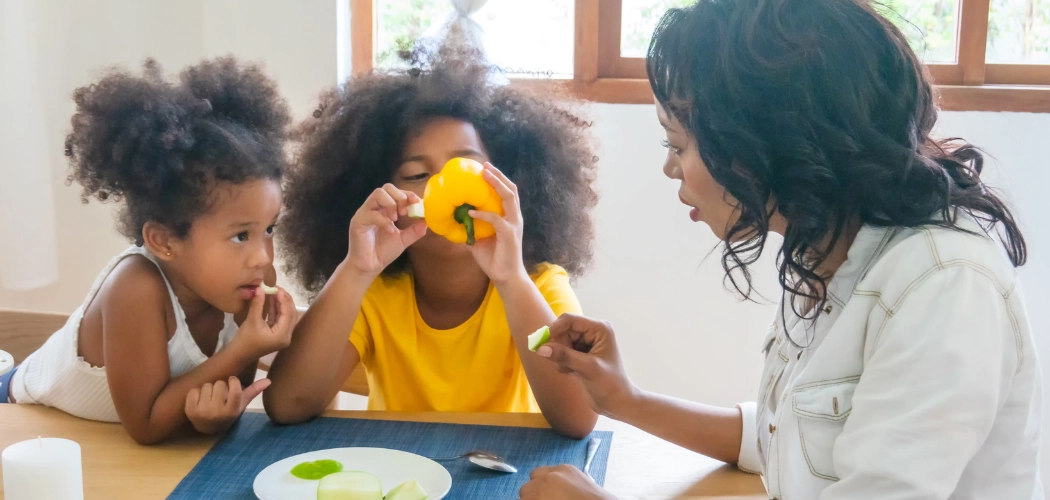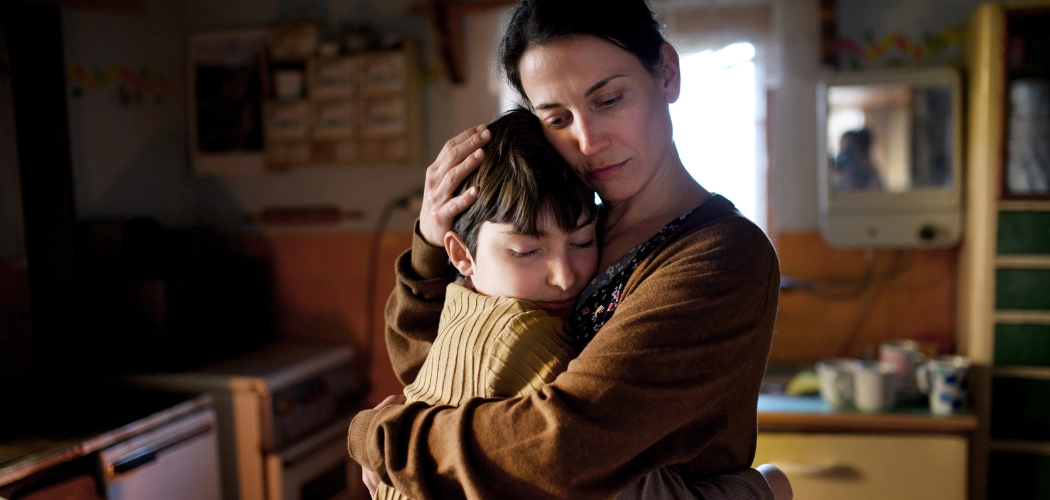Gratitude is one of the most powerful traits we can nurture in our children.
A grateful heart helps kids develop empathy, strengthens their emotional well-being and fosters a positive outlook on life. But teaching gratitude doesn’t happen overnight—it’s a practice that begins at home, woven into everyday life through words, actions and intentional moments of reflection and prayer.
When children learn to appreciate the blessings in their lives—big and small—they grow into more compassionate and resilient individuals. Here’s how to instill a spirit of gratitude in our kids and make thankfulness a central part of family life.
Why Teaching Gratitude Matters
Gratitude is more than just saying “thank you”—it’s a mindset. It’s the ability to recognize and appreciate the good things in life, even when things don’t go perfectly. Studies show that children who practice gratitude are more likely to have stronger relationships, better mental health, and greater overall happiness.
Gratitude helps children develop a sense of empathy and perspective, allowing them to see the world through a lens of appreciation rather than entitlement. By teaching our kids to be grateful, we’re giving them a tool that will serve them for a lifetime.
Simple Ways to Teach Gratitude
Teaching gratitude doesn’t have to be complicated. Here are a few simple, everyday ways to help your children develop a grateful heart:
- Model Gratitude in Everyday Life.
Children learn by watching us. One of the best ways to teach gratitude is by modeling it ourselves. Take time to express thankfulness for the little things throughout the day—whether it’s a delicious meal, a kind gesture, or simply the beauty of a sunny day. When children see gratitude in action, they’re more likely to adopt it themselves. - Create a Daily Gratitude Ritual.
Incorporating a daily gratitude ritual into family life is a powerful way to foster thankfulness. At the dinner table or before bedtime, go around and have each family member share one thing they’re grateful for that day. This practice encourages reflection and helps children focus on the positive moments in their day. - Encourage “Thank You” Notes.
Writing thank-you notes is a simple yet meaningful way for children to express gratitude. Whether it’s for a birthday gift, a kind act, or a special experience, encouraging kids to write a note of thanks helps them recognize the importance of showing appreciation. - Practice Gratitude Through Giving.
Gratitude is often tied to giving. By involving children in acts of kindness and giving back to others, they learn to appreciate what they have and develop empathy for those in need. Whether it’s donating toys to a shelter, participating in a charity drive, or making care packages for neighbors, these acts of generosity help nurture a grateful heart. - Celebrate Small Acts of Kindness.
Help children recognize and celebrate small acts of kindness in their daily lives. Whether it’s a sibling sharing a toy or a friend offering a helping hand, encourage your kids to notice and acknowledge the kindness they experience. This not only reinforces gratitude but also helps create a culture of appreciation within the family.
Fostering gratitude in our children is a journey that begins with small, consistent steps and blossoms over time. By modeling thankfulness, creating daily practices and celebrating the small moments, we teach our kids to see life through a lens of appreciation and joy. Gratitude isn’t just a virtue—it’s a way to connect with God, recognizing his goodness in every blessing, whether big or small. As we nurture this grateful spirit, we’re helping our children grow into kind, resilient people with positive attitudes and hearts ready to embrace and cherish the world around them.




